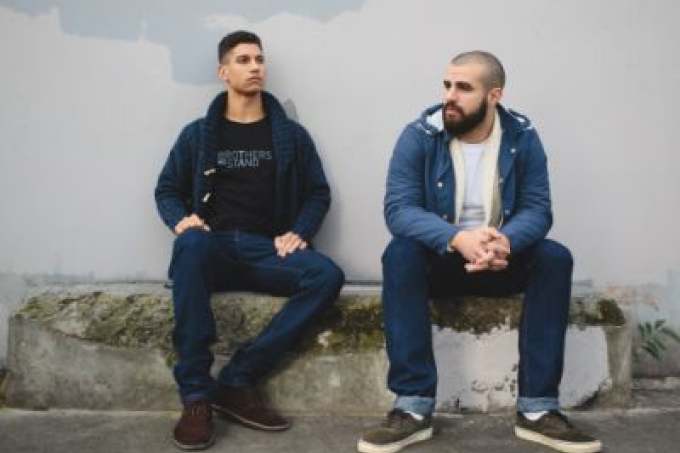The complex supply chain journey of a simple cotton t-shirt
Most t-shirts are labelled as 'Made in... India, Turkey, Bangladesh, Portugal or Vietnam' but this is just the country of final assembly, where the cotton fabric is sewn into a t-shirt.
For a cotton t-shirt, the supply chain begins with a farmer, in this example from India, the world’s largest producer of cotton which is estimated to grow 6,205,000 metric tonnes each year.
The farmer will plant their cotton seeds between March and May and harvest the cotton in November. Cotton is grown by a mixture of big plantations and smallholder farmers. Big plantations rely on a hired workers, including additional seasonal labour at harvest time; whilst smallholders rely mainly on family members, but also other members of the community, occasionally hire some extra hands but often labour using exchanges.
Once the cotton has been grown and harvested, it is sold in wholesale markets. Next, the cotton is purchased by retailers, who will take it to a ginning and pressing mill to be processed. Here, the cotton will be removed from its pods, and turned into cotton lint for shipment overseas.
Cotton exporters will transport it to China, where it is again sold on and passed between spinners, to dyers and then to weavers to be turned into fabric. By this stage, the cotton is ready to be sewn into garments for wearing.
This t-shirt is going to be tailored in Bangladesh, so fabric exporters will again ship the material overseas where it will be purchased for use in factories. About 10% of the UK’s clothing is imported from Bangladesh each year.
Even these garment factories are often not owned by the t-shirt brand itself, which will instead contract local suppliers to make different designs. Tailors will sew the garment following specifications sent by the t-shirt brand. This stage determines the ‘Made in’ label – so the t-shirt will say ‘Made in Bangladesh’. Then it is shipped for sale in the UK.
This account is a linear version of a supply chain – from cotton field to shelf – but the reality is of course far more complex. Big companies won’t just use a single person or supplier at each stage: multiple cotton farmers will grow the raw material that the cotton spinner turns into yarn; just as multiple spinners will provide the yarn for weaving into fabric.
In fact, the explanation given above hasn’t even considered the non-cotton elements of the t-shirt’s design: for example, the origin of the dyes or the thread that are also part of its production. Or all the inputs that are used, for example, to grow the cotton, such as pesticides or fertilizers and their supply chains. It is usually more accurate then to think of a supply pyramid than a chain, with multiple elements, people and locations contributing to a final product.
While the brand that we recognise is responsible for sale and design, they may not oversee any of the production themselves. Each stage can be outsourced to other companies known as their suppliers.
Every stage of this supply chain has a huge hidden carbon footprint resulting from the transportation of the raw materials and final garments across the world.
